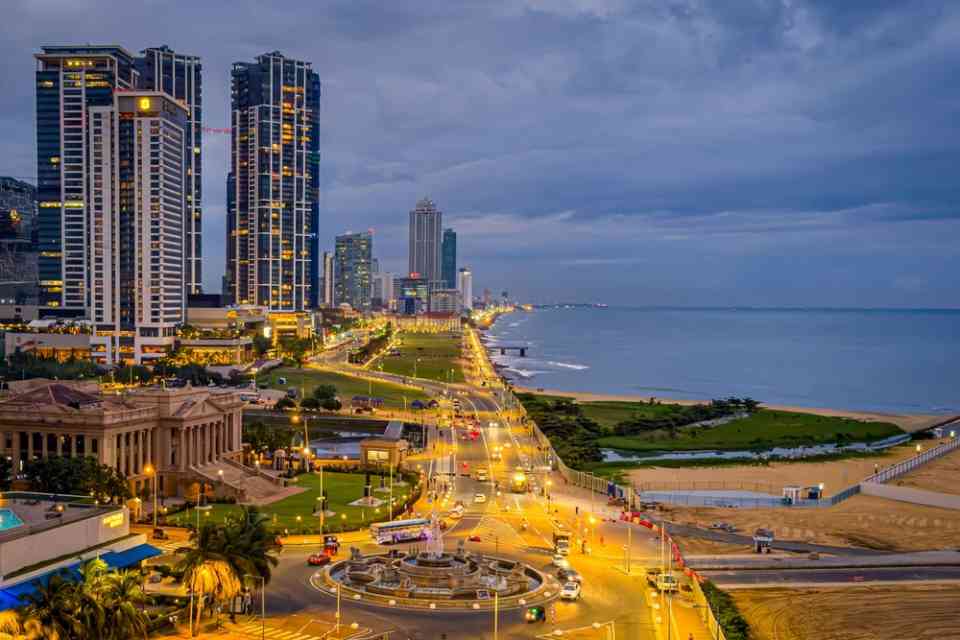A recent study conducted by the Institute of Policy Studies (IPS) has uncovered significant imbalances in Sri Lanka’s Public Service Pension distribution, revealing that nearly 50% of the benefits are concentrated among the wealthiest 20% of the population.
The IPS study aimed to assess the fairness of tax policies and government welfare programs, analyzing which segments of the population bear the heaviest tax burdens and who reaps the most from government welfare schemes. Using data from the 2019 Household Income Survey (HIS) and the 2022 Labour Force Survey, the study examined both direct and indirect taxes, as well as government spending on key welfare programs such as pensions and subsidies.
According to the study, Public Service Pensions, which account for 8% of the government’s recurrent expenditure, disproportionately benefit the richest households. Approximately 44% of pension recipients come from the wealthiest 20%, while only 11% of pension benefits reach the bottom 40% of the population.
Additionally, the study noted a 20.5% increase in pension expenditures in 2023, following a government decision to reduce the retirement age from 65 to 60. This policy shift caused a surge in retirees, leading to a 4.2% rise in the number of pensioners, from 676,430 in 2022 to 704,795 in 2023. The decision was part of broader measures aimed at reducing capital expenditure as the country navigated a severe economic crisis.
During the launch of the IPS annual report Sri Lanka: State of the Economy 2024, IPS Research Economist Priyanka Jayawardena emphasized that the Public Service Pension program in Sri Lanka lacks progressivity. She explained that one of the main reasons for the unequal distribution of benefits is that many pension recipients come from more affluent sections of society. Jayawardena further stressed the importance of introducing a contributory pension fund to ensure the sustainability of the system.
Sri Lanka’s Public Service Pension scheme primarily serves permanent public sector employees who have completed a minimum of 10 years of service. The findings from the IPS analysis were derived using household income data from the 2019 HIS.
| GDP (nominal) | Capital | Head of State | Head of Government | GDP (nominal) per capita | GDP (PPP) | GDP (PPP) | GDP (PPP) per capita |
|---|---|---|---|---|---|---|---|
| Sri Lanka | Colombo | Ranil Wickremesinghe | Dinesh Gunawardena | 74404 | 3.342 | 319.523 | 14.267 |
Have you read?
Best CEOs.
Best Companies.
Richest People (Billionaire).
Richest Women (Billionaire).
Richest in Each Country (Billionaire).
Add CEOWORLD magazine to your Google News feed.
Follow CEOWORLD magazine headlines on: Google News, LinkedIn, Twitter, and Facebook.
Copyright 2024 The CEOWORLD magazine. All rights reserved. This material (and any extract from it) must not be copied, redistributed or placed on any website, without CEOWORLD magazine’ prior written consent. For media queries, please contact: info@ceoworld.biz
CEOWORLD magazine – Latest – Money and Wealth –


